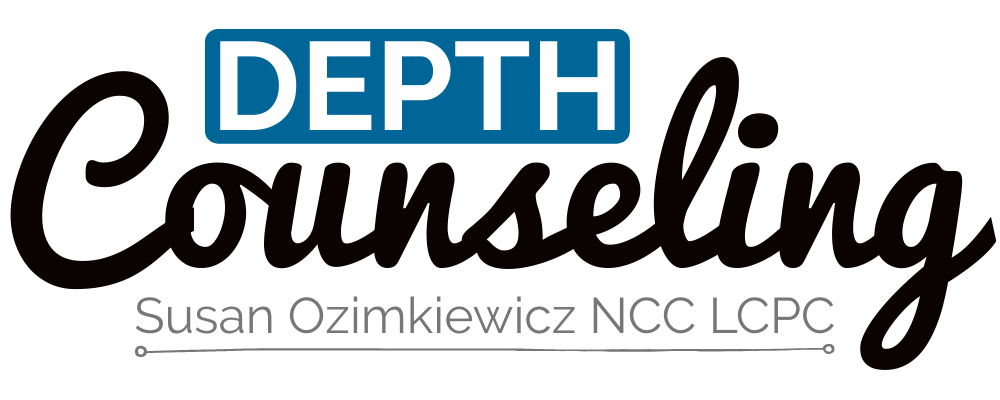Get Around To It – Giddy-up & Get-er-Done
“My own behavior baffles me. I find myself doing what I hate, and not doing what I really want to do!” ─ Saint Paul (Romans 7:15)
Procrastination
On occasion, some of my clients have mentioned that they are procrastinators and would like to understand why they hold themselves back. Some will say, “I always mean to do it,” and others will say, “I want to, but don’t.” Still another will say, “I don’t know what to do first or how to go about doing it.” Often there was a wondering if it was just plain laziness and hesitation when they were lollygagging and idling their way through life. They started to notice that when someone said to them, “How soon or when?” their response is “Not now!” Suddenly, there is the realization that “one of these days” may be never.
The following is a little analogy and riddle about the attitude that some procrastinators may hold. I have been told that this is used in AA (Alcoholics Anonymous).
There are 3 birds sitting on a fence, 1 decides to fly away, how many are left?
The answer is “3 birds are left.”
The reason that three birds are left is because when you only think about and ruminate on something, it just flies around in your head. One never gets off the fence to take any kind of action to implement the desired direction. It is as if the chosen thing cannot step out of your head and realm of thoughts into the world. Often a person doesn’t do what they have decided to do. A simple example is you need or want more money and don’t do anything to get it. You may be bored and hate your job, and complain to others daily yet do not update your resume, network, or do a job search because it feels like it is too overwhelming. When sitting on an invisible fence, symbolically, you are watching the hourglass as time passes by. Your time goes by whether you do something or nothing.
Father Time
“You may delay, but time will not, and lost time is never found again” ─ Martin Luther (1483-1546)
In ancient Roman myth “father time,” the God of time, was Saturn. Saturn was linked to Cronus or Kronos by the Greeks. The modern word Chronos means “time” and is the root of “chronology” which is a sequential order in time like seconds ticking by. This article is not an in-depth exploration of this subject and mythology. There are some things that time can’t kill such as air, water, death. However, some people hold their breath and don’t breathe (death) or don’t drink enough water and dehydrate, depleting the flow of the water of life (death).
Procrastination is a conflict with father time by unconsciously and sometimes consciously holding back or slowing down time to keep everything the same. There is a strong resistance to any kind of change. The passage of time is a one-way forward movement. That example, the hourglass concretely shows the flow of the “sands of time” running out. It doesn’t run backwards, just as you can’t push the river. Carl G. Jung called procrastination “the thief of time.” The perennial question could be. Why do people dawdle, postpone or delay needlessly to their own detriment?
The Perfect Worry Storm
Procrastination is related to worrying and perfectionism. When you holdback or withhold, it was another day spent in avoidance by worrying that it will not meet your expectations or be perfect. If you don’t take any action, then you can’t make a mistake. There seems to be a need for confirmation or a guarantee of some sort so that a decision to act will work out perfectly.
Even when you put it (whatever “it” is) off until a future time that delaying is not a denial. Although, that is exactly what people worry about, that they won’t get it perfectly right or ever get around to it. The feeling of slowness is also connected to not getting around to it, which is a slowing down of personal time. The constant postponement about something that must be done can become a habit. Then this habit is a regular practice that produces psychological pain and discomfort over time. Sometimes this happens because the thing that needs to get done is unpleasant and boring. There are individual differences as to why and how one-person experiences their own procrastination versus another’s. Each person needs to explore for themselves their inner urge and impulse to procrastinate.
“It is not because things are difficult that we do not dare; it is because we do not dare that they are difficult.” ─ Seneca
© Ozimkiewicz

Signup for Newsletters and Updates
Subscribe
Thanks for subscribing.
Oops, there was an error sending your message. Please try again later.
All Rights Reserved | Susan Ozimkiewicz NCC LCPC




